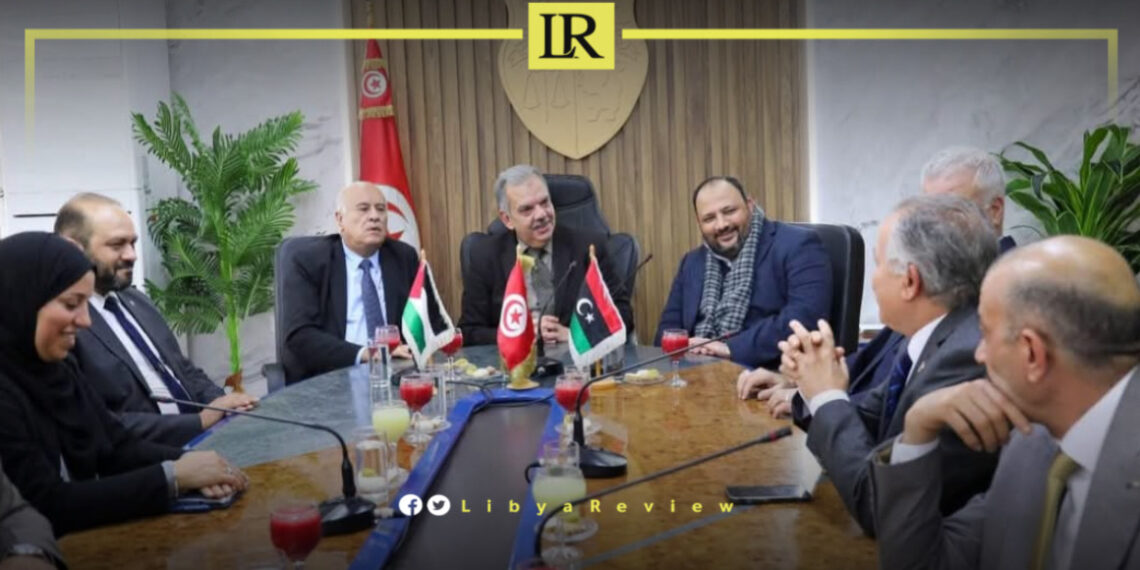On Monday, Libyan Minister of Youth, Fathallah Al-Zani, met with his Tunisian counterpart, Sadek El-Mourali, during the 24th National Conference of Tunisian Scouts to discuss ways to enhance cooperation in youth programs and leadership development.
The talks stressed the need for closer collaboration between the two countries to exchange expertise, create new opportunities for young people, and support joint initiatives that promote skill-building and community engagement.
The meeting was attended by many regional figures, including the President of the Palestinian Supreme Council for Youth and Sports and the Secretary-General of the Arab Scout Organization.
Discussions also highlighted the importance of equipping young people with essential life skills, leadership training, and fostering a culture of volunteerism and civic engagement.
As part of the discussions, Libya and Tunisia agreed to sign a Libyan-Tunisian Executive Program for Youth Cooperation covering the years 2025-2027.
This initiative aims to strengthen institutional ties between the two countries by developing structured programs that focus on youth empowerment, education, entrepreneurship, and cultural exchange. The program is expected to facilitate greater collaboration between Libyan and Tunisian youth organizations, supporting projects that enhance career readiness, social development, and innovation.
Libya and Tunisia share deep historical and cultural ties, making youth cooperation a vital aspect of their bilateral relations.
Tunisia has long been a regional leader in youth empowerment and civic engagement, with well-established programs in education, vocational training, and leadership development. Libya, on the other hand, has been working to rebuild its youth sector after years of instability, seeking regional partnerships to enhance opportunities for young Libyans.
The Libyan-Tunisian Executive Program for Youth Cooperation 2025-2027 is expected to pave the way for deeper cooperation between youth institutions, policymakers, and civil society organizations. If successfully implemented, it could serve as a model for other regional partnerships aimed at fostering youth engagement, innovation, and leadership.


